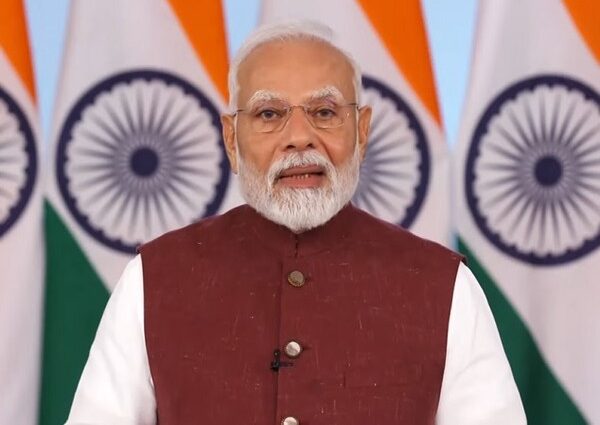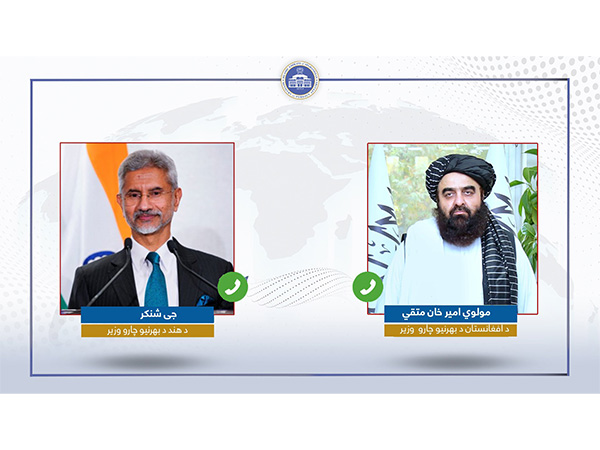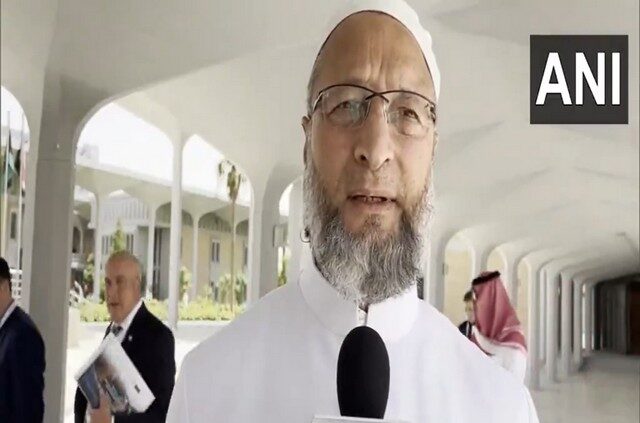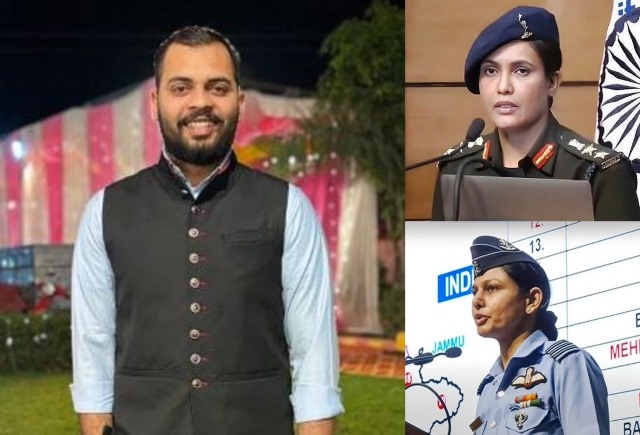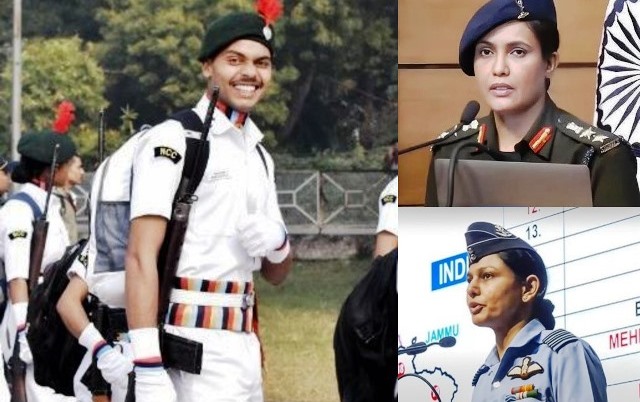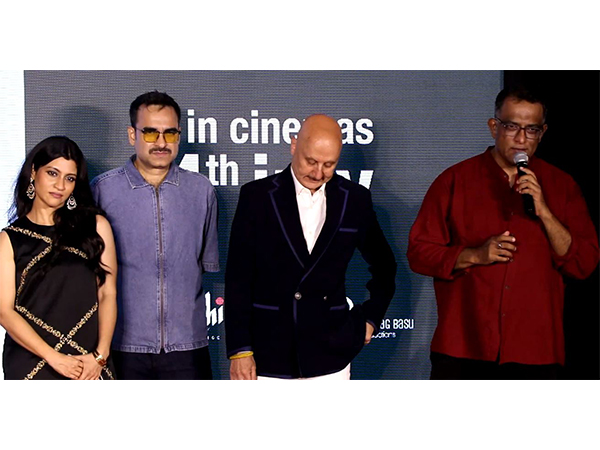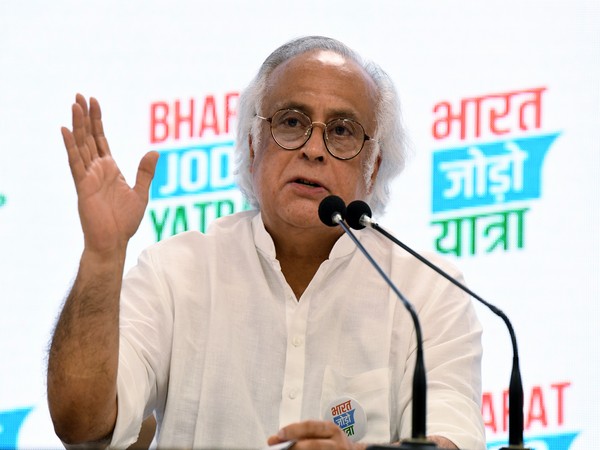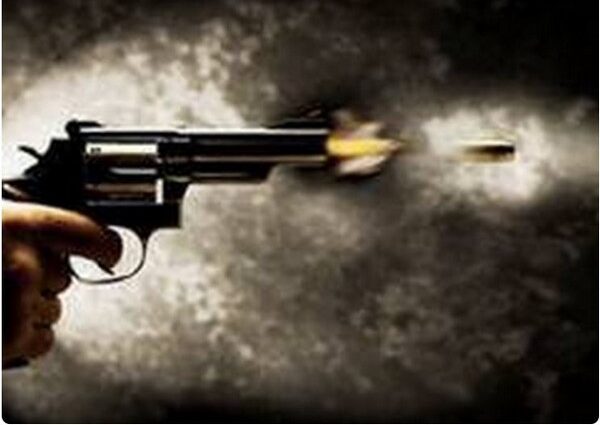Noting that the country’s enemy will have a huge cost to pay if there is a terror attack in India, PM Modi on Thursday said Pakistan had resorted to terrorist action against India after partition in 1947 and that the terror it spread ahead of creation of Bangladesh and the rape and murders committed by its army there cannot be forgotten.
The Prime Minister, who was addressing a rally here, referred to the success of Operation Sindoor in which precision strikes were conducted on terror infrastructure in Pakistan and PoJK in response to Pahalgam terror attack.
“Now that I am standing on the sacred land of Sindoor Khela, it is only right that we speak about a new resolve against terrorism — Operation Sindoor. On April 22, the brutal terrorist attack in Pahalgam shook the nation. The pain and anger felt across West Bengal were deeply understood,” he said.
“I could feel your outrage. The terrorists dared to wipe off the sindoor from the foreheads of our sisters. But our brave soldiers made them realise the power of that sindoor. Pakistan, the country that nurtures terrorism, has nothing positive to offer to the world. Since its very inception, it has been a breeding ground for terror and violence. But India has changed. We no longer tolerate such cowardly acts. And Operation Sindoor is our firm answer,” he added.
PM Modi said Operation Sindoor has not ended. “We are the people of worship Shakti, Mahishasuramardini. From this land of Bengal, this is a declaration of 140 crore Indians that Operation Sindoor is not over yet,” he said.
“After the Pahalgam attack, India has now told the world that if there is a terrorist attack, the enemy will have to pay a heavy price for it,” he said.
PM Modi said India had carried out surgical strikes thrice inside Pakistan.
He said “terror and genocide are biggest expertise” of Pakistan Army.
“When there is a direct battle (against India), their defeat is certain, that is why Pakistan’s Army takes help from terrorists. It started attacking India after the partition in 1947. After a few years, the terror it spread in what is now Bangladesh, the way its army committed rape and murder in Bangladesh, no one can forget it,” he said.
Bangladesh emerged as a separate country in 1971 after the War of Liberation against Pakistan.
PM Modi said Pakistan, the country that nurtures terrorism, has nothing positive to offer to the world. “Since its very inception, it has been a breeding ground for terror and violence.”
Operation Sindoor was India’s decisive military response to the April 22 Pahalgam terror attack. Launched early on May 7, Operation Sindoor led to the death of over 100 terrorists. India also effectively repelled subsequent Pakistani aggression and pounded its airbases.
In his speech, PM Modi also launched a scathing attack on Mamata Banerjee government and said West Bengal needs freedom from “politics of violence, appeasement, riots and corruption” and that the people are looking towards “BJP’s development model”.
PM Modi took several jibes at the Trinamool Congress government, and said West Bengal is surrounded by many crises simultaneously.
“First is the crisis of violence and anarchy spreading in the society. Second is the unsafety of our mothers and sisters who are being subjected to heinous crimes. The third crisis is of the extreme despair and rampant unemployment spreading among the youth. The fourth crisis is of the continuously declining trust in the system. The fifth crisis is of the selfish politics of the ruling party, that steals the rights of the poor,” he said.
PM Modi said the youth and poor families suffer the worst consequences of corruption. He alleged that the education system of West Bengal is being ruined.
“We saw how corruption ruins everything in the teacher recruitment scam. The TMC government in their tenure destroyed the future and families of thousands of teachers and left their children helpless. The whole education system of West Bengal is being ruined. The absence of teachers has put the futures of lakhs of students at risk. The TMC leaders have committed such a huge sin. The limit is that even today these people are not ready to accept their mistake. Instead, they blame the courts,” he said.
PM Modi attacked the TMC government over violence in Murshidabad and Malda.
“Whatever happened in Murshidabad and Malda was an example of the government’s ruthlessness here… In the name of appeasement, hooliganism was given a free hand. Imagine the horrific situation when the people of a party running the government identify and burn people’s houses, and the police act as mere spectators. I ask the poor people of Bengal, is this how a government runs?… Here, the court has to intervene on every issue. Otherwise, nothing gets resolved. The people of Bengal do not trust the TMC government anymore… ‘Bengal mein machi cheekh pukaar, nahi chahiye nirmam sarkar’,” he added.
PM Modi accused TMC government of hostility towards the tribals, poor, Dalits, backward classes and women.
“The TMC government is stalling the development of the poor tribal communities… TMC doesn’t care about the tribal community’s respect. When the NDA government made a tribal woman a Presidential candidate for the first time, TMC was the first party to oppose that,” he said.
“Why is TMC being hostile towards the poor, Dalits, the backward classes, women, and tribals?… Unfortuantely, the people of West Bengal are not getting the benefits of the Ayushman scheme… The ruthless government didn’t let the people of West Bengal get Ayushman cards… Many poor people are not able to get permanent houses because of the TMC government, because their leaders are demanding cut and commission from the poor,” he added.
PM Modi accused the TMC of being interested only in playing politics.
“The West Bengal government was absent from the NITI Aayog Governing Council’s meeting in Delhi. TMC only wants to play politics 24 hours. They do not prioritise West Bengal’s development or the country’s progress. The Central Government policies that have been implemented here in West Bengal are not being fulfilled… The TMC government has stalled 16 major infrastructure projects in West Bengal,” he said.
Earlier, Prime Minister Narendra Modi laid foundation stone of City Gas Distribution project in Alipurduar and Cooch Behar districts in Alipurduar at West Bengal. (ANI)
